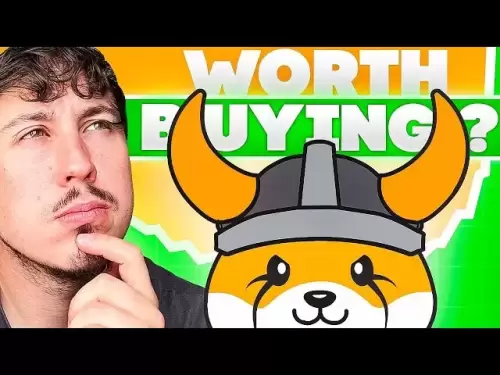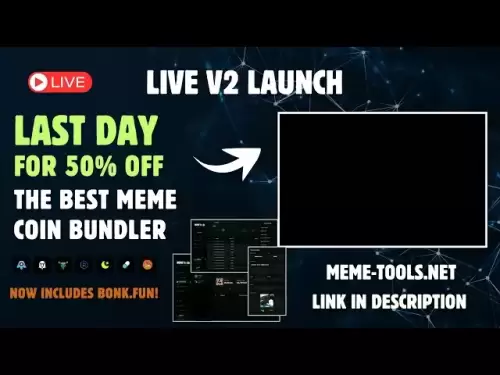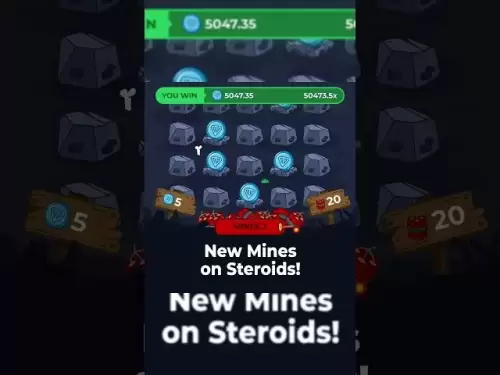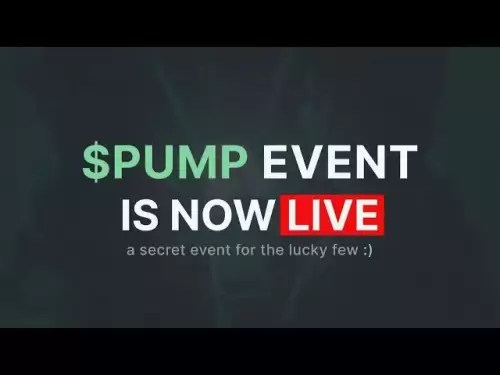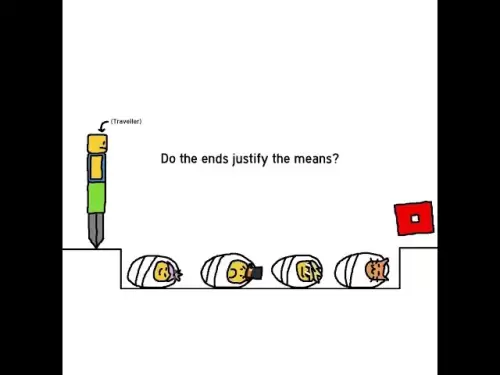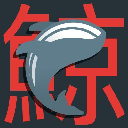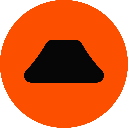-
 Bitcoin
Bitcoin $120400
1.77% -
 Ethereum
Ethereum $3615
7.90% -
 XRP
XRP $3.580
17.84% -
 Tether USDt
Tether USDt $1.001
0.06% -
 BNB
BNB $729.4
1.25% -
 Solana
Solana $179.9
5.04% -
 USDC
USDC $0.0000
0.01% -
 Dogecoin
Dogecoin $0.2311
8.22% -
 TRON
TRON $0.3226
4.04% -
 Cardano
Cardano $0.8490
12.85% -
 Hyperliquid
Hyperliquid $46.45
0.72% -
 Stellar
Stellar $0.4913
8.54% -
 Sui
Sui $4.027
2.00% -
 Chainlink
Chainlink $18.51
11.67% -
 Hedera
Hedera $0.2818
21.51% -
 Avalanche
Avalanche $24.03
7.40% -
 Bitcoin Cash
Bitcoin Cash $508.5
2.90% -
 Shiba Inu
Shiba Inu $0.00001496
3.24% -
 UNUS SED LEO
UNUS SED LEO $8.961
1.83% -
 Toncoin
Toncoin $3.264
3.13% -
 Litecoin
Litecoin $104.6
8.15% -
 Polkadot
Polkadot $4.389
6.11% -
 Uniswap
Uniswap $9.924
10.63% -
 Monero
Monero $337.9
0.49% -
 Pepe
Pepe $0.00001376
2.79% -
 Bitget Token
Bitget Token $4.830
2.46% -
 Ethena USDe
Ethena USDe $1.001
0.05% -
 Dai
Dai $1.000
0.02% -
 Aave
Aave $325.2
1.66% -
 Bittensor
Bittensor $423.7
-0.85%
Does Kraken have an NFT marketplace?
Kraken supports NFTs through wallet integration, educational resources, and partnerships, but does not operate a dedicated marketplace for retail users.
Jul 09, 2025 at 11:35 pm
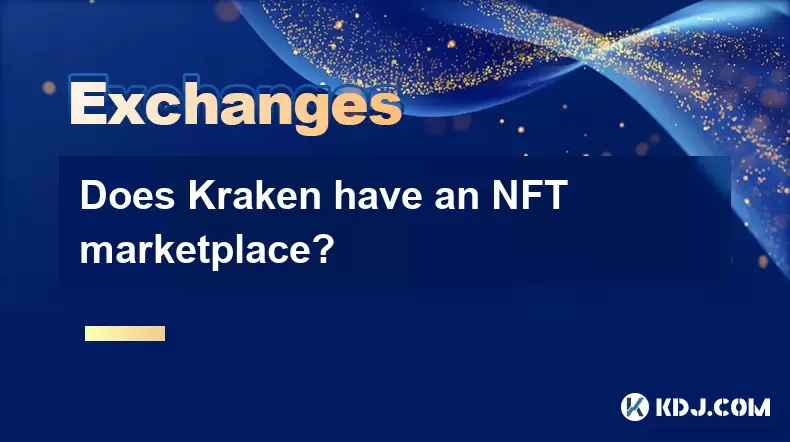
Overview of Kraken's NFT Involvement
Kraken, one of the leading cryptocurrency exchanges in the world, has made several strategic moves into the NFT space. However, as of now, Kraken does not operate a dedicated NFT marketplace like OpenSea or Blur. Instead, the platform has chosen to integrate NFT-related features and services that complement its existing infrastructure. This includes wallet support, educational resources, and partnerships aimed at enhancing user interaction with digital collectibles.
The exchange launched Kraken NFT, a separate entity focused on providing institutional-grade NFT trading capabilities. While this service is not available to all retail users, it demonstrates Kraken’s commitment to exploring blockchain-based assets beyond traditional cryptocurrencies.
Kraken NFT currently targets high-net-worth individuals and institutions, offering them curated NFT drops, analytics, and secure custody solutions.
How Kraken Supports NFT-Related Activities
Although Kraken doesn’t host a full-fledged NFT marketplace, it offers several tools and integrations that allow users to interact with NFTs more effectively. One such feature is the integration of the Kraken Wallet, which supports Ethereum-based tokens (ERC-721 and ERC-1155), enabling users to store and manage their NFTs directly through the wallet interface.
Additionally, Kraken provides educational content regarding NFTs, including how they work, how to buy and sell them, and the risks involved in NFT trading. This helps users make informed decisions even if they're accessing NFTs via third-party platforms.
- Wallet Integration: Users can connect external wallets like MetaMask to browse and transact NFTs on supported marketplaces through the Kraken interface.
- Educational Resources: Articles and guides explain NFT mechanics, gas fees, and smart contract interactions.
- Partnerships: Kraken has collaborated with select NFT projects to offer exclusive drops for its users.
Accessing NFT Marketplaces Through Kraken
While Kraken itself doesn’t run an NFT marketplace, it facilitates access to various decentralized platforms. For instance, users can link their Kraken wallet to popular NFT marketplaces such as OpenSea, LooksRare, and X2Y2. This enables seamless transfers of ETH and other compatible tokens needed for purchasing NFTs.
To perform these actions:
- Ensure your Kraken wallet has sufficient ETH or compatible tokens to cover both the purchase price and gas fees.
- Navigate to the desired NFT marketplace and connect your Kraken wallet using the browser extension or mobile app.
- Browse, bid, or buy NFTs just as you would with any other wallet provider.
This functionality allows Kraken users to participate in the NFT ecosystem without needing to switch entirely to third-party exchanges.
Kraken NFT vs Traditional NFT Marketplaces
When comparing Kraken NFT to traditional NFT marketplaces like OpenSea or Rarible, there are key differences in accessibility, target audience, and functionality. Kraken NFT is primarily aimed at institutional clients, offering advanced analytics, compliance tools, and curated NFT collections. It does not have a public-facing storefront where anyone can list or purchase NFTs freely.
Traditional NFT marketplaces, on the other hand, provide open access to buyers and sellers, allowing peer-to-peer transactions and user-generated listings. These platforms typically support a broader range of blockchains and NFT standards, giving creators and collectors more flexibility.
- Accessibility: Kraken NFT is limited to approved accounts, while others are open to all users.
- Functionality: Public marketplaces allow listing, bidding, and reselling; Kraken NFT focuses on trading and custody for institutions.
- Blockchain Support: Kraken NFT currently focuses on Ethereum, while others may support Solana, Polygon, and more.
Security Considerations When Using Kraken for NFTs
Security remains a top priority when engaging with NFTs, especially when linking external accounts. Since Kraken does not host its own NFT marketplace, users must ensure they’re interacting with trusted platforms when connecting their wallets.
Some best practices include:
- Always verify the legitimacy of the NFT marketplace before connecting your wallet.
- Use hardware wallets for storing valuable NFTs instead of relying solely on software wallets.
- Enable two-factor authentication (2FA) on your Kraken account to prevent unauthorized access.
- Review transaction details carefully before approving any NFT purchase or transfer.
These steps help mitigate common risks associated with phishing attacks, scams, and unauthorized token approvals.
Frequently Asked Questions
Can I create and list my own NFTs using Kraken?
No, Kraken does not provide tools for minting or listing NFTs. You will need to use a third-party NFT marketplace such as OpenSea or Mintable to create and sell your NFTs.
Is Kraken planning to launch a full NFT marketplace for retail users?
As of now, Kraken has not announced plans to release a retail-focused NFT marketplace. The current focus remains on institutional-grade services under Kraken NFT.
Are there fees for transferring NFTs from Kraken-connected wallets?
There are no direct fees from Kraken for transferring NFTs, but you will incur network fees (gas) depending on the blockchain used (e.g., Ethereum).
Can I view my NFTs inside the Kraken app or website?
Yes, you can view your NFTs within the Kraken wallet if they are stored there. However, detailed NFT metadata and visual previews may require connecting to a third-party explorer or marketplace.
Disclaimer:info@kdj.com
The information provided is not trading advice. kdj.com does not assume any responsibility for any investments made based on the information provided in this article. Cryptocurrencies are highly volatile and it is highly recommended that you invest with caution after thorough research!
If you believe that the content used on this website infringes your copyright, please contact us immediately (info@kdj.com) and we will delete it promptly.
- Bitcoin, Cloud Mining, Crypto Wealth: Riding the Bull Run in Style
- 2025-07-18 12:30:12
- Ethereum Gas Fees, ERA Airdrop: A New Yorker's Take on Crypto Chaos
- 2025-07-18 12:50:12
- Bitcoin, Altcoins, and the Crypto Market: Navigating Trump's Crypto Ventures and the Evolving Digital Landscape
- 2025-07-18 12:50:12
- Bitcoin Holdings and the Smarter Web: A Match Made in Digital Heaven?
- 2025-07-18 12:10:12
- Bitcoin, MSTR & Saylor's Strategy: A Winning Trifecta?
- 2025-07-18 08:30:13
- Bitcoin Mortgages Down Under: A New Wave in Australian Homeownership?
- 2025-07-18 08:50:12
Related knowledge
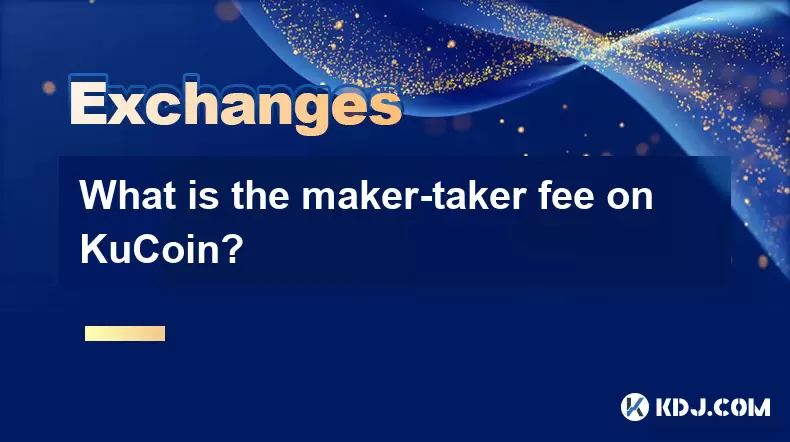
What is the maker-taker fee on KuCoin?
Jul 18,2025 at 12:42pm
Understanding the Maker-Taker Fee ModelThe maker-taker fee model is a pricing structure used by many cryptocurrency exchanges, including KuCoin, to de...
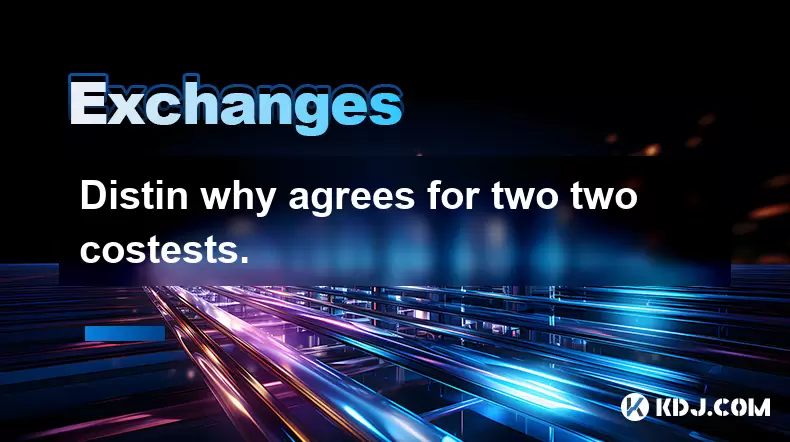
k mine's captal RAt boat but a toostorial isled.
Jul 18,2025 at 01:49pm
Understanding the KuCoin Spot Grid BotThe KuCoin Spot Grid Bot is a trading tool designed to help users profit from market volatility without the need...
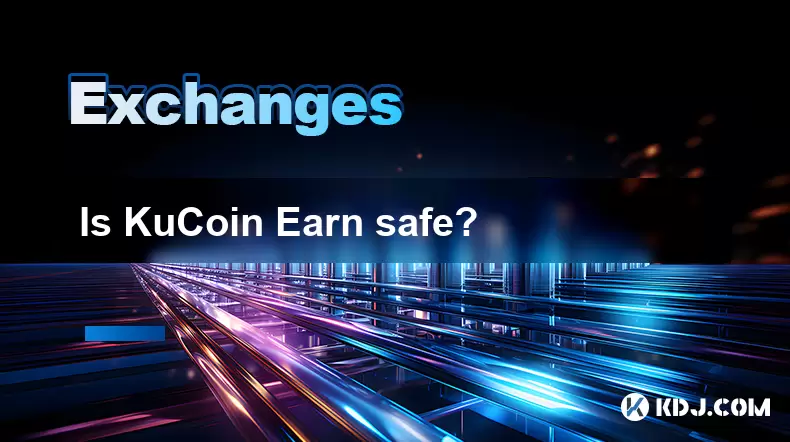
Is KuCoin Earn safe?
Jul 18,2025 at 10:14am
What is KuCoin Earn?KuCoin Earn is a service provided by the cryptocurrency exchange KuCoin that allows users to earn interest on their crypto holding...
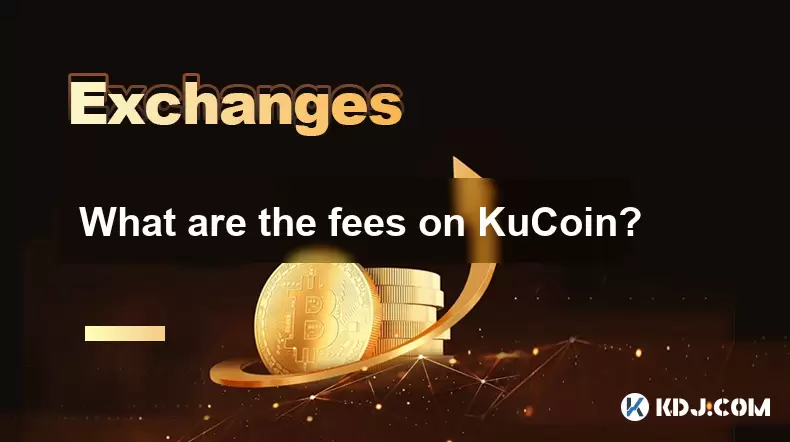
What are the fees on KuCoin?
Jul 18,2025 at 11:42am
Overview of KuCoin FeesKuCoin is a popular cryptocurrency exchange platform known for its wide range of supported cryptocurrencies and user-friendly i...
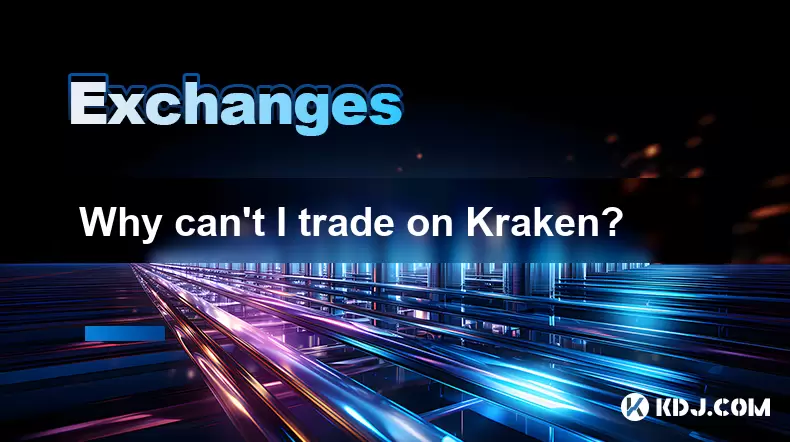
Why can't I trade on Kraken?
Jul 18,2025 at 10:35am
Account Verification IssuesIf you're unable to trade on Kraken, one of the most common reasons is incomplete account verification. Kraken requires use...
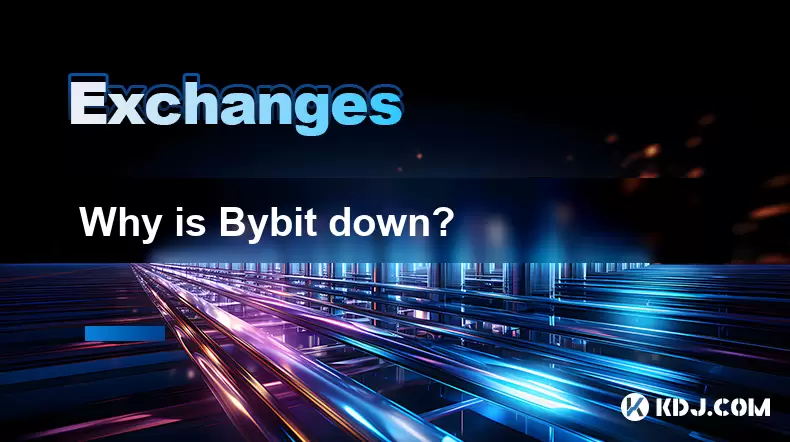
Why is Bybit down?
Jul 18,2025 at 02:42pm
Understanding the Current Status of BybitBybit is one of the leading cryptocurrency exchanges globally, known for its robust trading infrastructure an...

What is the maker-taker fee on KuCoin?
Jul 18,2025 at 12:42pm
Understanding the Maker-Taker Fee ModelThe maker-taker fee model is a pricing structure used by many cryptocurrency exchanges, including KuCoin, to de...

k mine's captal RAt boat but a toostorial isled.
Jul 18,2025 at 01:49pm
Understanding the KuCoin Spot Grid BotThe KuCoin Spot Grid Bot is a trading tool designed to help users profit from market volatility without the need...

Is KuCoin Earn safe?
Jul 18,2025 at 10:14am
What is KuCoin Earn?KuCoin Earn is a service provided by the cryptocurrency exchange KuCoin that allows users to earn interest on their crypto holding...

What are the fees on KuCoin?
Jul 18,2025 at 11:42am
Overview of KuCoin FeesKuCoin is a popular cryptocurrency exchange platform known for its wide range of supported cryptocurrencies and user-friendly i...

Why can't I trade on Kraken?
Jul 18,2025 at 10:35am
Account Verification IssuesIf you're unable to trade on Kraken, one of the most common reasons is incomplete account verification. Kraken requires use...

Why is Bybit down?
Jul 18,2025 at 02:42pm
Understanding the Current Status of BybitBybit is one of the leading cryptocurrency exchanges globally, known for its robust trading infrastructure an...
See all articles





















